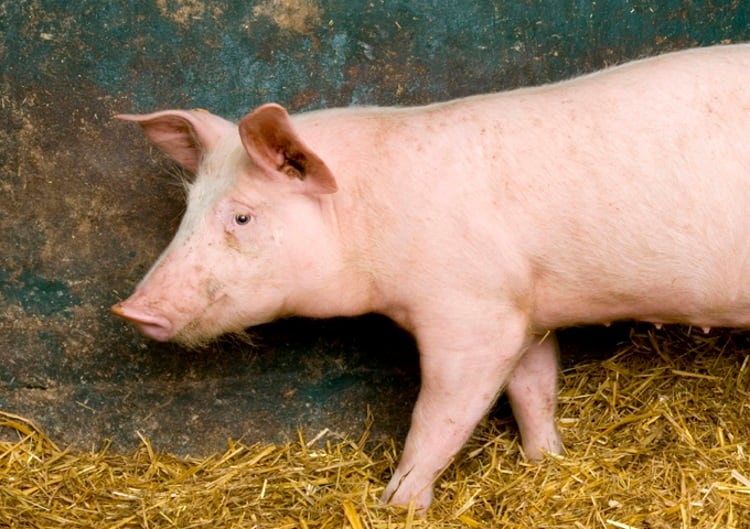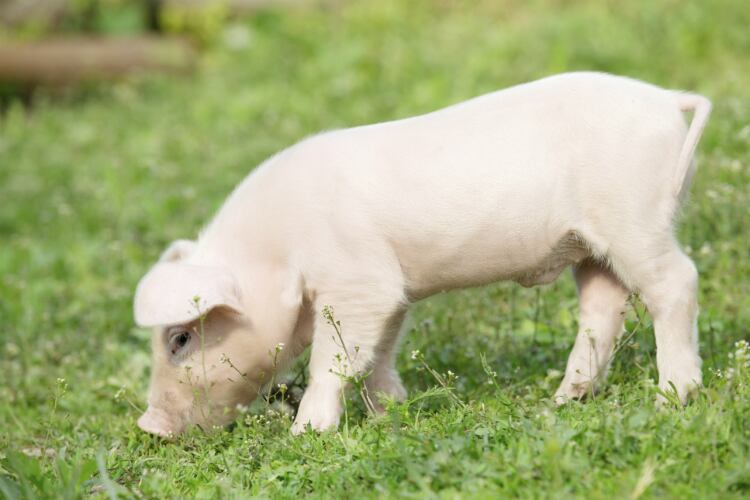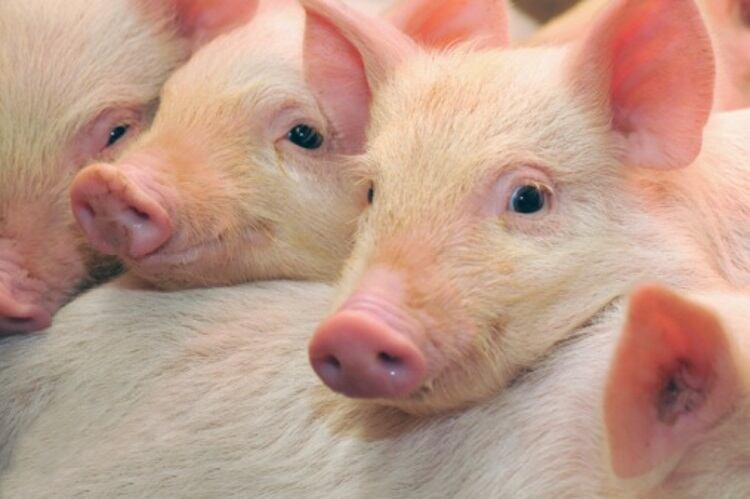Canadian Food Inspection Agency (CFIA) and the European Commission’s Department of Health and Food Safety (DG SANTE) agreed the arrangement last week.
Zoning is an internationally recognized tool used to help manage diseases and facilitate international trade. If a positive case of ASF is confirmed in an area, geographic boundaries are defined to contain the outbreak. These geographic boundaries are control zones established in accordance with World Organisation for Animal Health (OIE) principles. The areas outside of these control zones are disease-free zones.
The move is part of continued actions to protect Canadian pigs and the economy in light of the pace at which ASF is spreading through parts of Asia and Europe. Benefiting Canadian farmers and producers, the arrangement is expected to allow for continued trade of pork and pork by-products from ASF-free zones.
Canada exported over $4.2m worth of pork and pork products to the EU in 2018. Overall it exported 1.2 million tonnes of pork, valued at $3.8bn, to 87 countries.
Minister of Agriculture and Agri-Food Marie-Claude Bibeau said: “Through continued international collaboration, the Government of Canada is taking a leadership role in preventing and mitigating the potential impact of ASF, should it be introduced to Canada. Following the recently announced Canada/US zoning arrangement, we have now reached a similar arrangement with the EU so that our farmers can continue to earn their livelihoods from the trade of pork and pork products in case ASF is found in Canada."
Dr. Jaspinder Komal, chief veterinary officer for Canada, added: “Canada and EU will continue to share expertise to prevent and control the spread of African swine fever. This arrangement is testament to our continued cooperation with international partners and our commitment to mitigating the potential impacts of ASF on Canada’s economy.”




